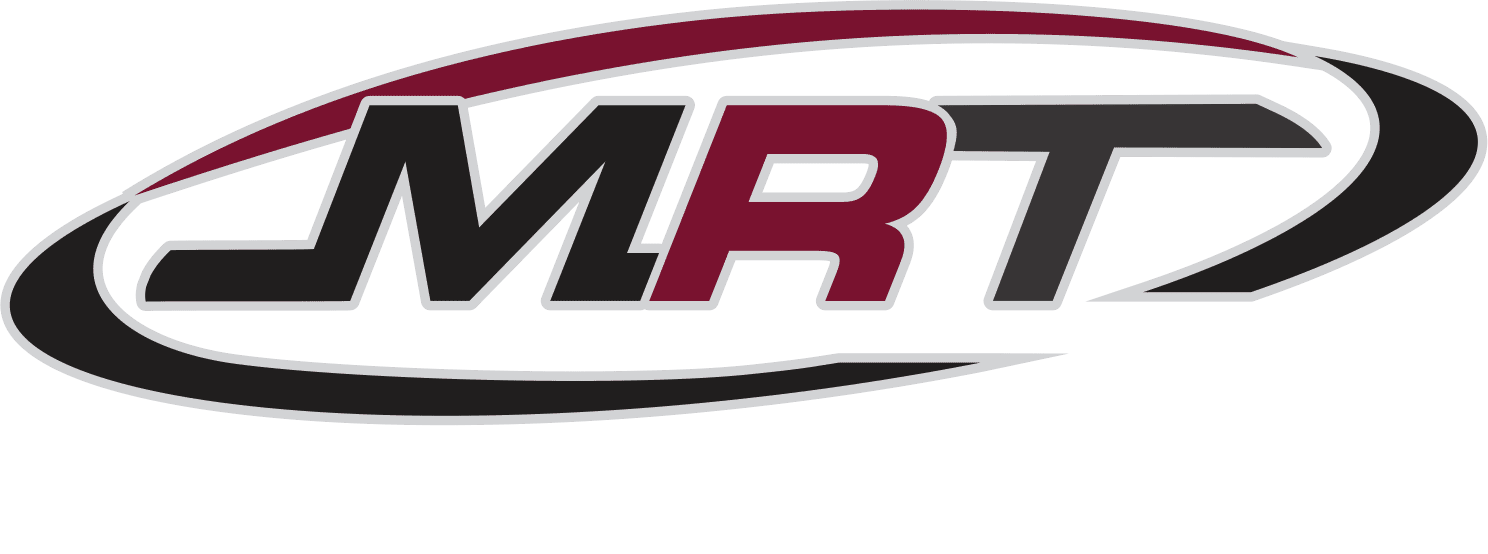Refrigerated truck driving is a specialized field within the trucking industry that requires a unique set of skills and knowledge. From understanding temperature control to handling sensitive cargo and navigating long-haul routes, refrigerated truck drivers play a crucial role in ensuring that perishable goods reach their destinations safely and on time. Whether you’re a seasoned driver looking to expand your expertise or a logistics professional aiming to optimize your fleet, Mountain River Trucking Co. will provide you with valuable insights into the essential skills needed for success in refrigerated truck driving.
Importance of Temperature Control
Temperature control is the backbone of refrigerated trucking. Properly managing the temperature within the trailer ensures that perishable goods such as dairy, meat, and produce remain fresh throughout the transportation process. A comprehensive understanding of refrigeration systems and how to operate them is essential for every refrigerated truck driver.
Maintaining the correct temperature involves regular monitoring and adjustments. Drivers must be vigilant and frequently check temperature readings to ensure they stay within the required range. Any deviation can result in spoiled cargo and significant financial losses.
Additionally, drivers should be familiar with the different types of refrigeration units. Some trailers use mechanical refrigeration, while others may rely on liquid carbon dioxide or even cryogenic cooling. Knowing how to operate and troubleshoot these systems is vital for maintaining the integrity of the cargo.
Handling Sensitive Cargo Best Practices
Sensitive cargo requires careful handling to prevent damage during transit. This includes not only perishable food items but also pharmaceuticals, chemicals, and other temperature-sensitive products. Proper loading and unloading techniques are critical to avoid potential damage.
Drivers should adhere to specific loading patterns that ensure even weight distribution and prevent cargo from shifting during transit. Using pallets and securing cargo with straps or nets can further protect against movement and damage.
Furthermore, understanding the nature of the cargo is essential. For instance, some products may emit gases that can affect other items. Awareness of these interactions helps in making informed decisions about cargo placement and separation.
At Mountain River Trucking Co., one significant advantage for our drivers is the no-touch freight policy. Our commitment to efficiency means that our drivers are not responsible for loading or unloading the cargo. This allows them to focus on driving safely and swiftly, ensuring timely deliveries without the added burden of handling the freight. This policy not only contributes to reducing physical strain on our drivers but also enhances their overall productivity and job satisfaction.
Managing Long-Haul Routes Navigation and Time Management
Long-haul routes present unique challenges for refrigerated truck drivers. Effective navigation and time management skills are crucial to ensuring timely deliveries and maintaining the quality of the cargo.
Planning the route in advance is the first step. Drivers should consider factors such as road conditions, weather, and traffic patterns. Utilizing GPS technology and route planning software can help identify the most efficient paths.
Time management is equally important. Sticking to a strict schedule minimizes the risk of delays that could compromise the cargo’s freshness. This means accounting for mandatory rest breaks and potential obstacles along the way.
Additionally, drivers should be prepared for unexpected situations. Having a contingency plan in place for road closures or mechanical issues can make a significant difference in maintaining delivery schedules.
Role of Technology in Refrigerated Trucking
Technology has revolutionized the trucking industry, and refrigerated trucking is no exception. Advanced tools and systems enhance efficiency, safety, and cargo integrity.
One of the most significant technological advancements is the use of telematics. These systems provide real-time data on various aspects of the truck and trailer, including temperature, location, and performance metrics. This information allows drivers and fleet managers to make informed decisions and respond quickly to any issues.
Automated temperature control systems are another valuable tool. These systems can adjust the refrigeration unit settings automatically based on the cargo’s requirements, ensuring consistent temperatures without constant manual intervention.
Finally, electronic logging devices (ELDs) help drivers comply with hours-of-service regulations. By tracking driving time and rest periods, ELDs promote safer driving practices and reduce the risk of fatigue-related incidents.
Training and Development for Refrigerated Truck Drivers
Continuous training and development are essential for maintaining high standards in refrigerated truck driving. Specialized training programs focus on the unique aspects of this field, providing drivers with the knowledge and skills needed to excel.
Temperature control training is a fundamental component. Drivers learn how to operate and troubleshoot refrigeration units, understand the science behind temperature management, and apply best practices for monitoring and adjusting settings.
Cargo handling courses teach drivers the proper techniques for loading, securing, and unloading sensitive cargo. These courses often include hands-on training to reinforce theoretical knowledge.
Additionally, time management and route planning workshops help drivers develop the skills needed to manage long-haul routes effectively. These programs emphasize efficient navigation, scheduling, and contingency planning.
Unique Skills Needed for Refrigerated Truck Driving
The future of refrigerated trucking is bright, with advancements in technology and growing demand for perishable goods driving the industry forward. Staying ahead requires a commitment to continuous learning and adaptation.
By mastering the unique skills needed for refrigerated truck driving, you can ensure the safe and timely delivery of sensitive cargo, contributing to the success of your business and the satisfaction of your customers. Whether you’re a driver, logistics professional, or fleet manager, understanding and implementing these skills will position you for success in this dynamic field.
For more insights on skill enhancement and operational optimization, contact us at Mountain River Trucking Inc. and join our specialized training programs. Together, let’s drive the future of refrigerated trucking forward!







